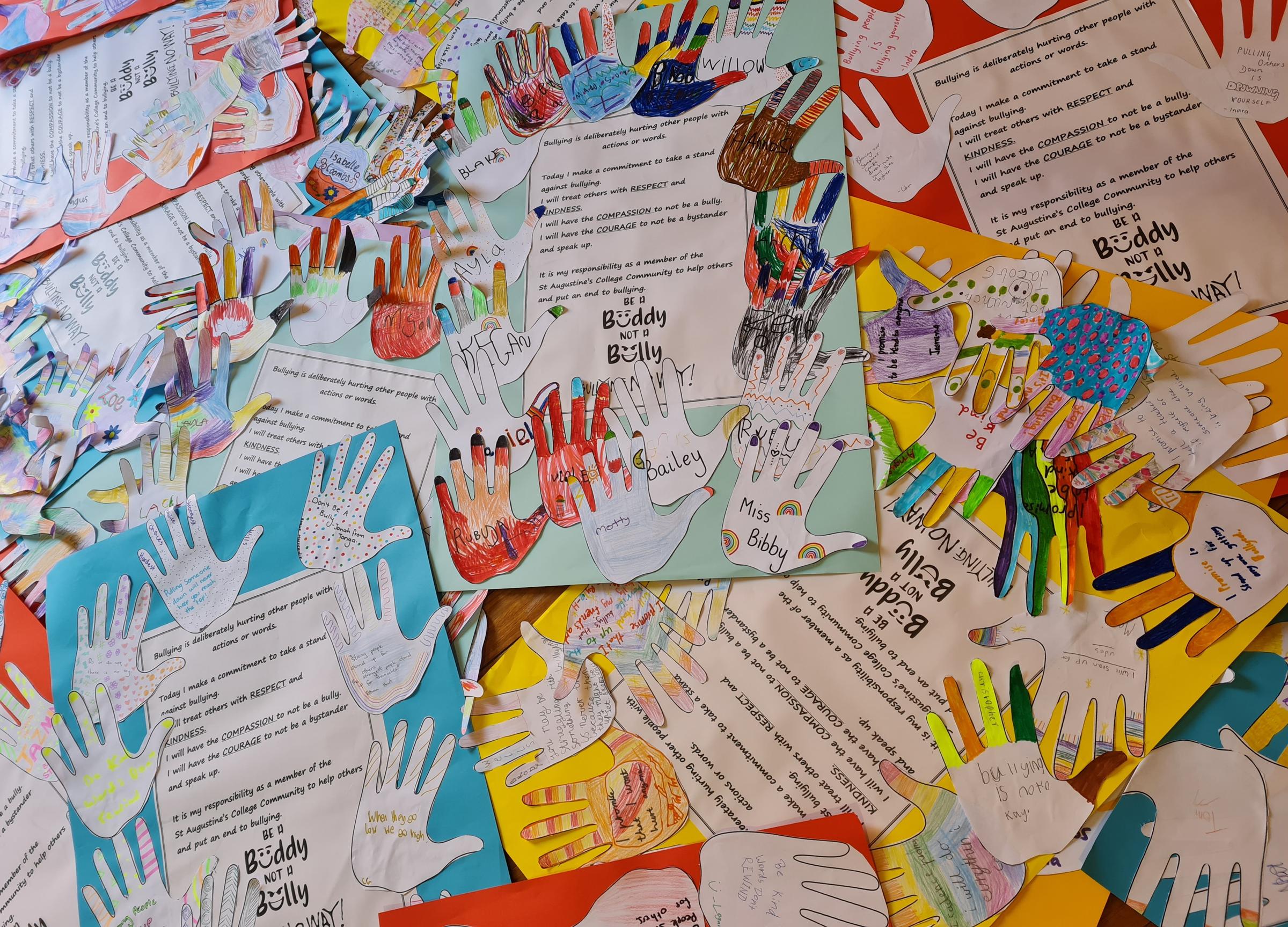Community and Wellbeing

Changes to Behaviour of Concern notifications to parents
Two years ago parents started to receive email notifications regarding behaviours of concern that had been recorded for their child. This was in response to parents who had provided feedback to the college regarding not knowing when their child had not met college expectations.
While this has been welcomed by many parents, some have expressed concern regarding areas relating to the notification process. Some feedback regarding this process was received from parents who participated in the recent NSIT review of the college. Parents have noted that the email notifications lack detail and that some relate to issues which have been dealt with at school and do not require further attention at home.
In response to this feedback a couple of changes have occurred. Firstly, behaviours of concern have been categorised as minor, major and significant.
For a minor behaviour of concern, the teacher logging the concern works with the student to reinforce the expectation. In these cases there is now no email notification for parents. Parents are still able to access their PAM account to see any minor behaviour of concerns logged for their child.
If the behaviour of concern notification is major, parents will receive an email notification with brief details of the incident. They will also receive further information about the behaviour from their child’s TA. This should occur within 24 hours of the notification. If this does not occur parents can contact their child’s TA and request further details. Parents are also welcome to alert their child’s Wellbeing Community Leader and request further information.
A behaviour of concern which is labelled ‘significant’ will usually result in a phone call (or email if the parent is unable to be reached by phone) to the parent prior to the email notification.
We are still working with SIMON to see if we are able to provide some more details to parents when they receive an email notification. There are restrictions on character limits at present, but we are hoping to change this in the future.
Behaviours of concern provide the college with very useful information about areas of social emotional learning which the college needs to provide more teaching or intervention on. Members of our SOLE team often look at the data (collectively not for individual students) and discuss what interventions should occur to assist students in the future. An example of this most recently, was data for students in Year 9 collectively showed that the highest area of concern was ‘late to class.’ One of the responses was a recommendation to Year 9 TAs to print off timetables for lockers so that students had a visual timetable to access after breaks.
This came from a shared discussion with our Year 12 student leaders (who often attend SOLE meetings) who provided us with feedback regarding the transition from Year 8 to Year 9. Students stated that they move from a space where lockers are in learning spaces and students are able to check a board in the learning space to see what they have next. In Year 9, lockers are external to the learning spaces and students need to remember what they have next (or check their SIMON timetable on their laptops which takes further time). Looking at this data allows us to work with our students and assist them to rectify areas of concern which can impede their learning.
Further to this, the Welbeing Team check individual students' data. When there are a number of behaviour of concerns logged for an individual student, the team develops plans with the student and their parents to assist these students. This is a supportive and pastoral process designed to assist the student. The underlying purpose of gathering and sharing this data with parents is to provide details on what might be impeding a young person to be their best.
One of our college values is ‘partnership’ which recognises the shared responsibility that the college and parents have in assisting our students to flourish. St Augustine’s is a community where mistakes are recognised as part of the learning process. Students should not be judged for their mistakes but rather assisted to understand the need to meet our shared expectations. Rest assured that this is our goal when informing you of behaviours of concern.
If you have any questions regarding this process please do not hesitate to contact the college. Community Wellbeing Leaders Penny Jenner (F-4), Anthony Poppa (5-8) and Michelle Downie (9-12) are happy to answer any questions relating to this process. I am also happy to take phone calls or emails regarding this or other matters relating to student behaviour support and wellbeing.
Carolyn Goode
Deputy Principal Wellbeing
